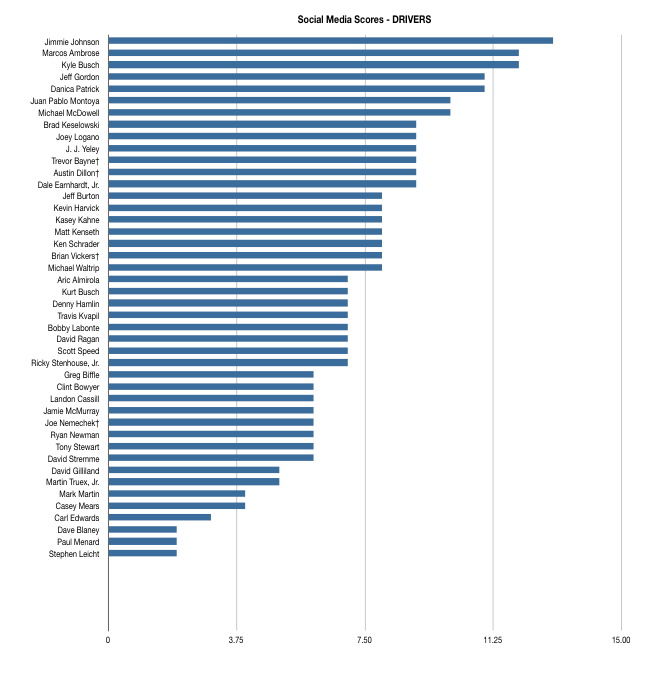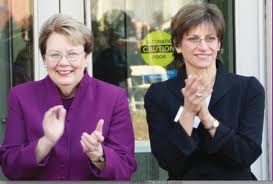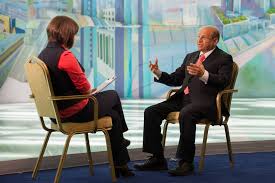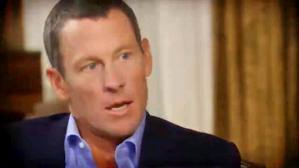Everyone is opposed to poisoning children and the potential of poisoning children. When it comes to poisons in children’s products, everyone is opposed to that as well. When you are a mega corporation like Johnson & Johnson it’s a good idea to be on the side of the angels and be pro children. But the company, which is the subject of a boycott by an activist group concerned by the presence of two potentially cancerous chemicals from Johnson’s Baby Shampoo, seems to be dragging its feet.
http://www.msnbc.msn.com/id/45111139/ns/health-childrens_health/#.Tq_1rmCaTfa
J&J’s statements are less than assuring. The company has indicated that it is gradually phasing out the chemicals. In a statement this week J&J said the about chemicals in question, formaldehyde-releasing preservatives, are safe and approved by regulators in the U.S. and other countries, but that it is gradually phasing them out of its baby products.
This is a rather tone-deaf response especially given the fact that the company is already making the Baby Shampoo free of the toxic chemicals in other countries. (Note, none of the news stories included a direct quote from the J&J statement, which indicates that it was not well written. Furthermore, I could not find the statement on the J&J website, which probably means the statement was provided upon request only.)
I have no idea if the chemicals pose a threat to children or not but I do know that perception and fear are powerful motivators. While I suspect that some executive at J&J likely made a financial bottom-line decision the public relations handling of this and a pending boycott could cost the company much more in dollars and reputation.
J&J’s public relations positioning presents an easy target for its detractors to make common sense statements that appeal to any reasonable person. Lisa Archer, director of the Campaign for Safe Cosmetics said, “Clearly there is no need for Johnson & Johnson to expose babies to a known carcinogen when the company is already making safer alternatives. All babies deserve safe products.” Who is going to argue with that?
Tracey J. Woodruff, an associate professor and director of the Program on Reproductive Health and Environment at UCSF said, “Even thought the chemicals may be low-level, why risk it?” More common sense logic that is tough to argue with. Compounding the issue for J&J is that is has no logical, common sense public response. http://www.huffingtonpost.com/2011/11/01/johnson-johnson-baby-sham_n_1069123.html
So far there isn’t much in the way of the story spreading via social media but there is every potential for it to. Some tweets from concerned mothers are out there such as:
| michellefrey Moms, parents, nurses: Don’t buy #JNJ until they make #SafeCosmetics free of #formaldehyde, other #toxins. http://t.co/pa4IjSKV #ToxicTub 11/1/11 9:41 AM |
| AnjellfireJoy Not buying #JNJ products until they publicly commit to go #formaldehyde-free & make only safe products! http://t.co/ii3lHk3y #ToxicTub 11/1/11 9:20 AM |
It would take a lot for a firestorm over the issue to take hold. Mommy bloggers are a powerful force and could form a groundswell of angry opposition to the product (remember Motrin’s babywearing ad? http://www.washingtonpost.com/wp-dyn/content/article/2008/11/17/AR2008111703280.html )
The company would have been much better off with a statement that is over the top supportive of children’s health and one that declares some concrete steps it is taking to resolve the issue. So far it has no comment on social media, and in my opinion no need to do so yet. But the tipping point for action can shift in a matter of hours. It will be interesting to see if the company adjusts its messaging if the mommy bloggers show up in force.







